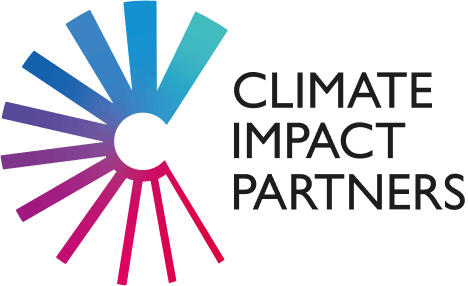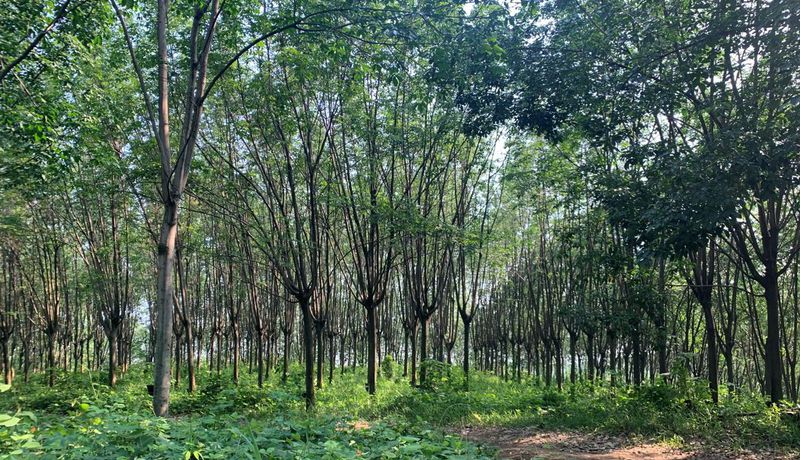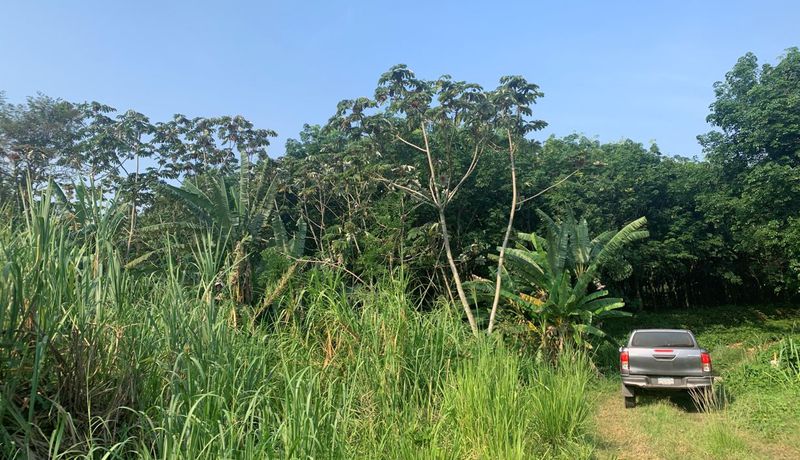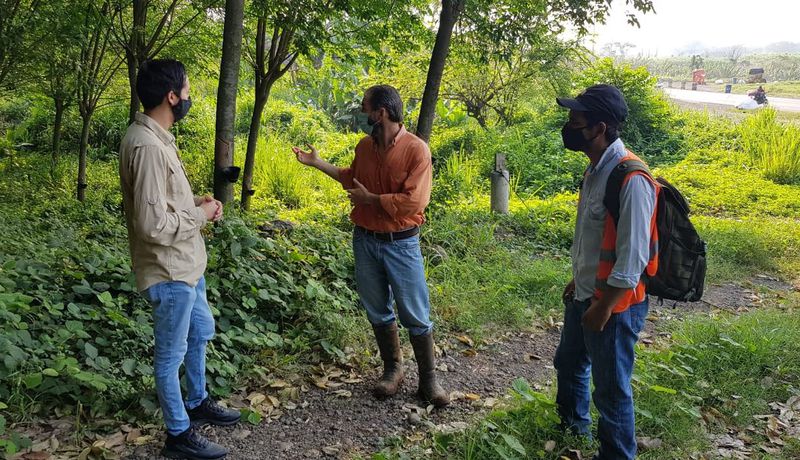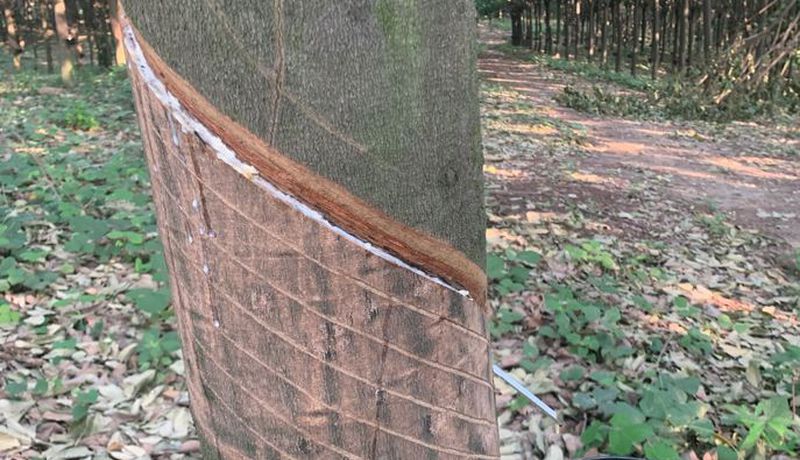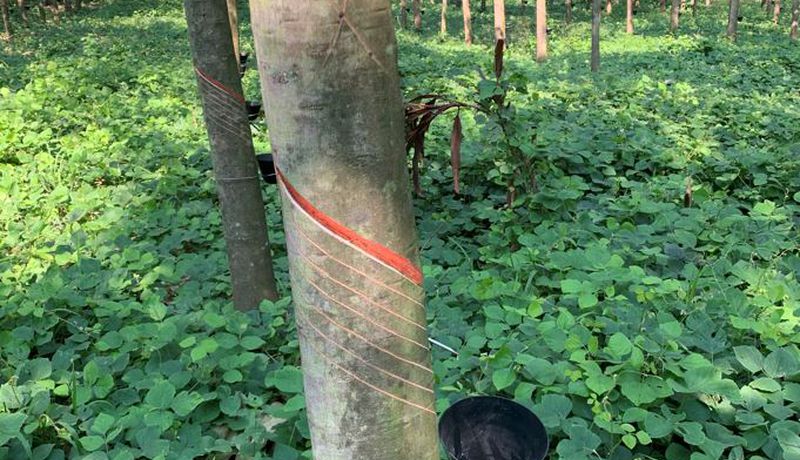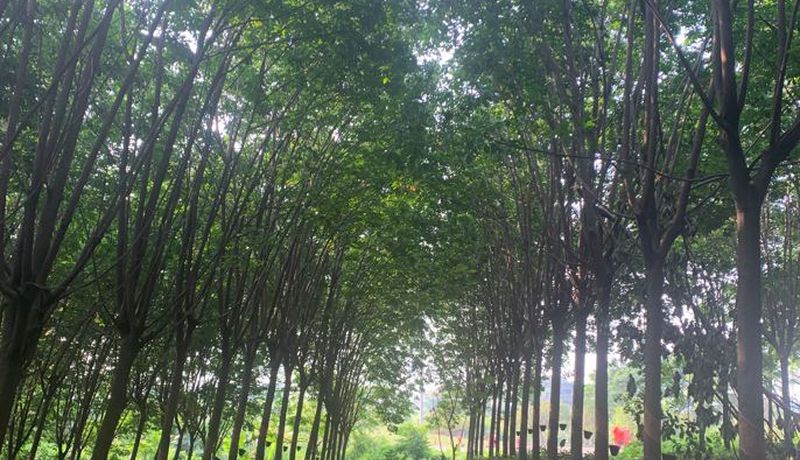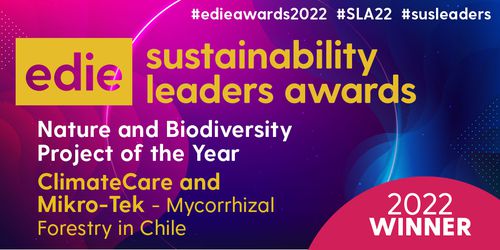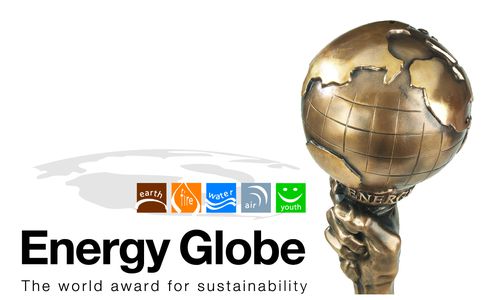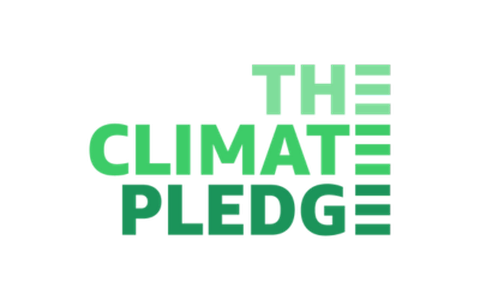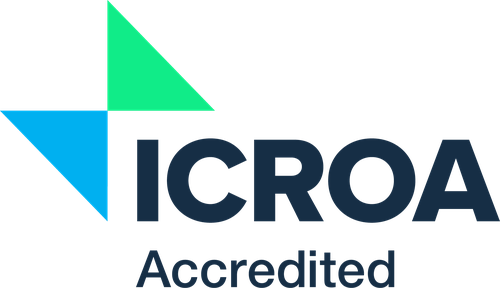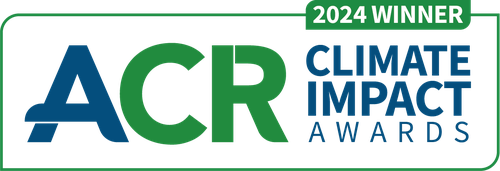This nature-based carbon removal project plants rubber trees in Guatemala for the sustainable harvesting of their sap.
Without carbon finance, sustainable rubber tree plantations would not be an economically viable alternative to clear cutting forest land for cattle grazing or intensive crops like sugarcane. This project removes carbon from the atmosphere by reforesting degraded farmlands in Guatemala. All rubber trees planted are kept for an average of 40 years and at the end of their sap-producing life will be used for Forest Stewardship Council (FSC) certified furniture production and the site will be replanted.
The project plans reforest up to 10,000 hectares of degraded or degrading land with natural rubber tree plantations. More than 300 jobs have been created for the year-round maintenance of the rubber trees. Satellite analysis confirmed that no forests existed for ten years prior to planting in the designated project areas.
360-degree video tour
Experience an immersive 360-degree virtual tour of this reforestation project in Guatemala.
This grouped carbon removal project aims to create a broad platform for carbon market access in Guatemala where rubber forests will be established and managed. The project will facilitate access to carbon finance as an additional income source and will generate positive incentives for reforestation with sustainably or responsible managed rubber tree forests. The grouped platform will allow producers to access the carbon market efficiently, transparently and at a low cost for every project activity instance, mobilizing the capital necessary to scale up successful land-use practices. The project activity is reforestation with rubber tree forests along the Guatemalan region of Central America. The model of reforestation includes implementing sustainable or responsible forest management in all the plantations included in the project
Guatemala’s tree cover has decreased 21% since 2000 | Global Forest Watch 2021
In addition to delivering approximately 45,000 tonnes of carbon removals per year, the project delivers a number of other sustainable development benefits. These include:
- Decent Work and Economic Growth: This project has created more than 300 jobs for the year-round maintenance of the rubber trees and while other plantations in the region pay informal daily rates below a living wage, this project pays a fair salary in line with Guatemalan National Legislation.
- Climate Action: The rubber tree plantations remove carbon from the atmosphere as trees grow on what was previously degraded land and only earn credits each issuance cycle when the overall carbon stocks are maintained above baseline levels by the standing trees.
- Life on Land: In total, the project has restored 1,790 hectares of degraded land and increased the total share of forested area in the region. Satellite analysis confirmed that no forests existed for ten years prior to planting in the designated project areas.
Our goal is to deliver 1 billion tonnes of emissions reductions by 2030
600+ projects have been supported by Climate Impact Partners
100+ million tonnes of emissions reduced through carbon finance
Delivering towards the Global Goals

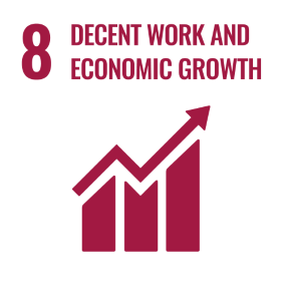
Decent Work and Economic Growth
Promote inclusive and sustainable economic growth, employment and decent work for all
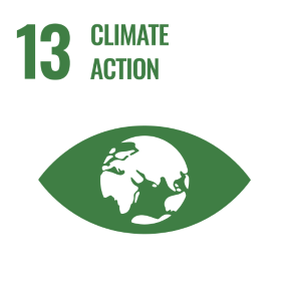
Climate Action
Take urgent action to combat climate change and its impacts
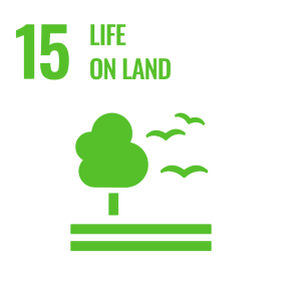
Life on Land
Sustainably manage forests, combat desertification, halt and reverse land degradation, halt biodiversity loss


Supporting our projects delivers on multiple UN Sustainable Development Goals (SDGs). You can read more on the Goals below.
Learn more about the global goalsNext Steps

Explore our projects
Explore our range of projects across the globe: nature based solutions, health and livelihoods and sustainable infrastructure.
Explore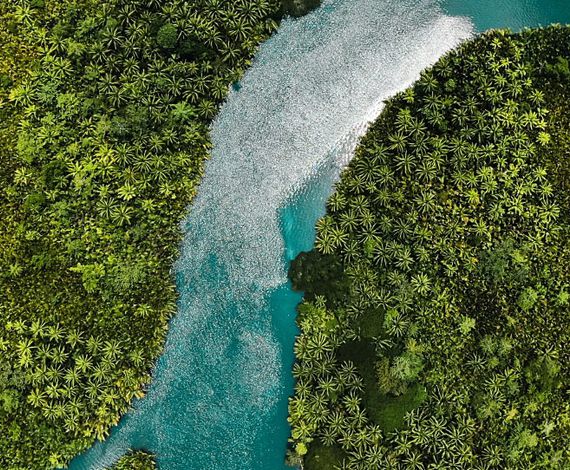
Business Solutions
We are the leading solutions provider for carbon offsetting, net zero, carbon neutrality and carbon finance project development.
Read more